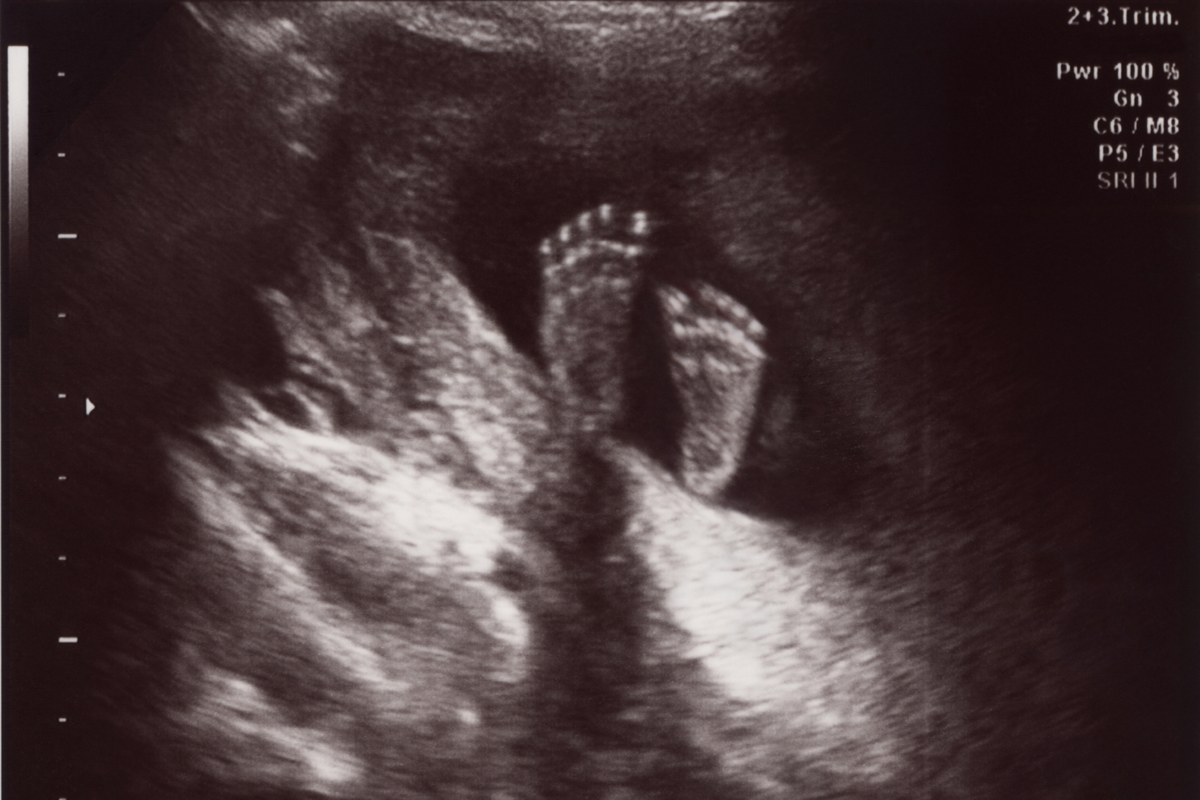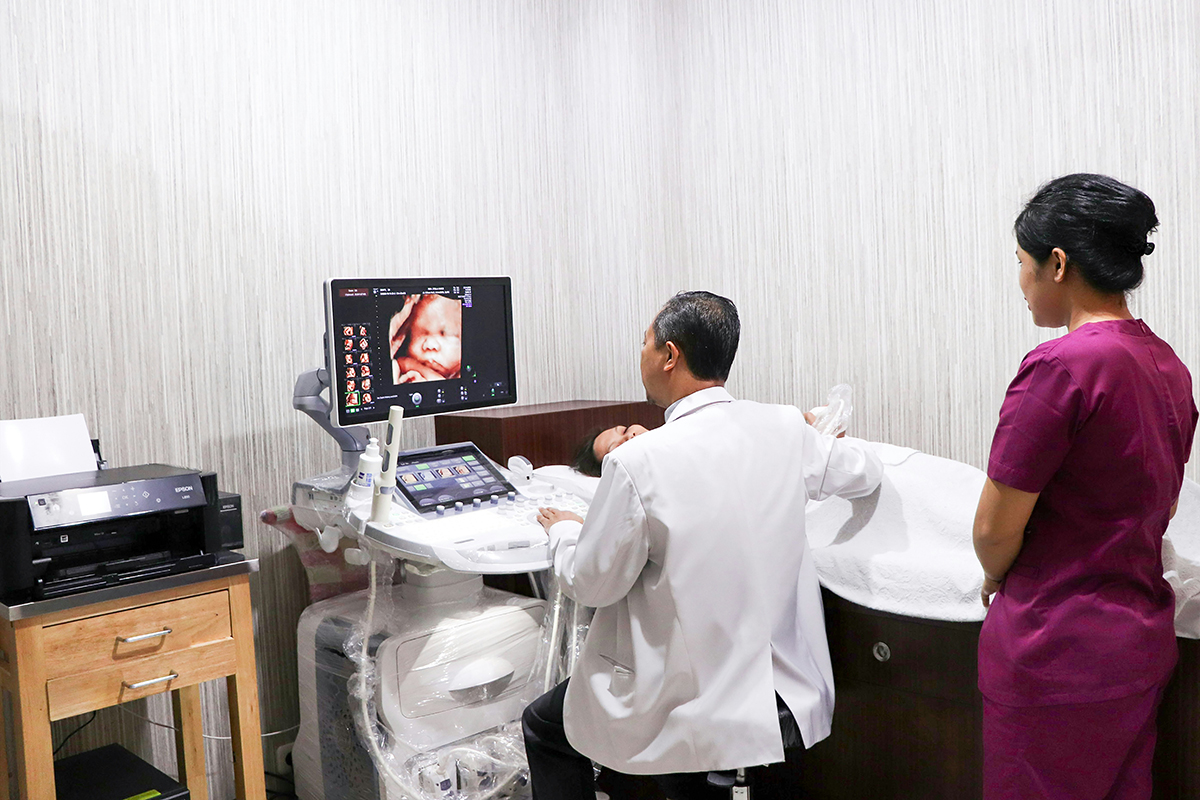My two recent ultrasound head circumference measurements have shown my baby’s head to be in or under 1%, which technically is microcephaly. HC was 7% at 28 weeks, then 1% at 30 weeks, then <1% at 32 weeks. The rest of the baby’s measurements are normal: femur is 65% and torso is 46%, estimated weight is on track. My OBG doesn’t seem too concerned and only says the measurement could be off. How accurate are HC measurements by ultrasound, and how concerned should we be about microcephaly or major developmental issues? It feels like we are begging for follow-up scans or MRI to get an accurate reading, while my OB is just assuming the two scans in a row are wrong.
—Panicking at 32 weeks
Microcephaly is a severe condition of abnormal fetal brain development, and it is associated with several long-term consequences. However, most fetuses with small head sizes do not have microcephaly, even those with a head circumference less than the first percentile. Unfortunately, this is one of the quirks with many of the software programs used to generate percentiles from HC measurements.
Microcephaly is suspected when the fetal HC is more than two standard deviations (SD) smaller than the expected. Many, if not most, fetuses with an HC less than the first percentile do not meet this criteria. Meaning the percentile often seems scarier than necessary.
I would recommend getting an ultrasound evaluation by a maternal fetal medicine specialist and asking them specifically (a) if the HC measurement is more than two SD smaller than the mean, (b) if there are any other concerns on the ultrasound, and (c) if there is any suggestion of fetal microcephaly. When there is that suspicion, fetal MRI and/or amniocentesis are often recommended.
One online tool for examining the risk of fetal microcephaly from the HC measurement can be found here.
Community Guidelines



















Log in